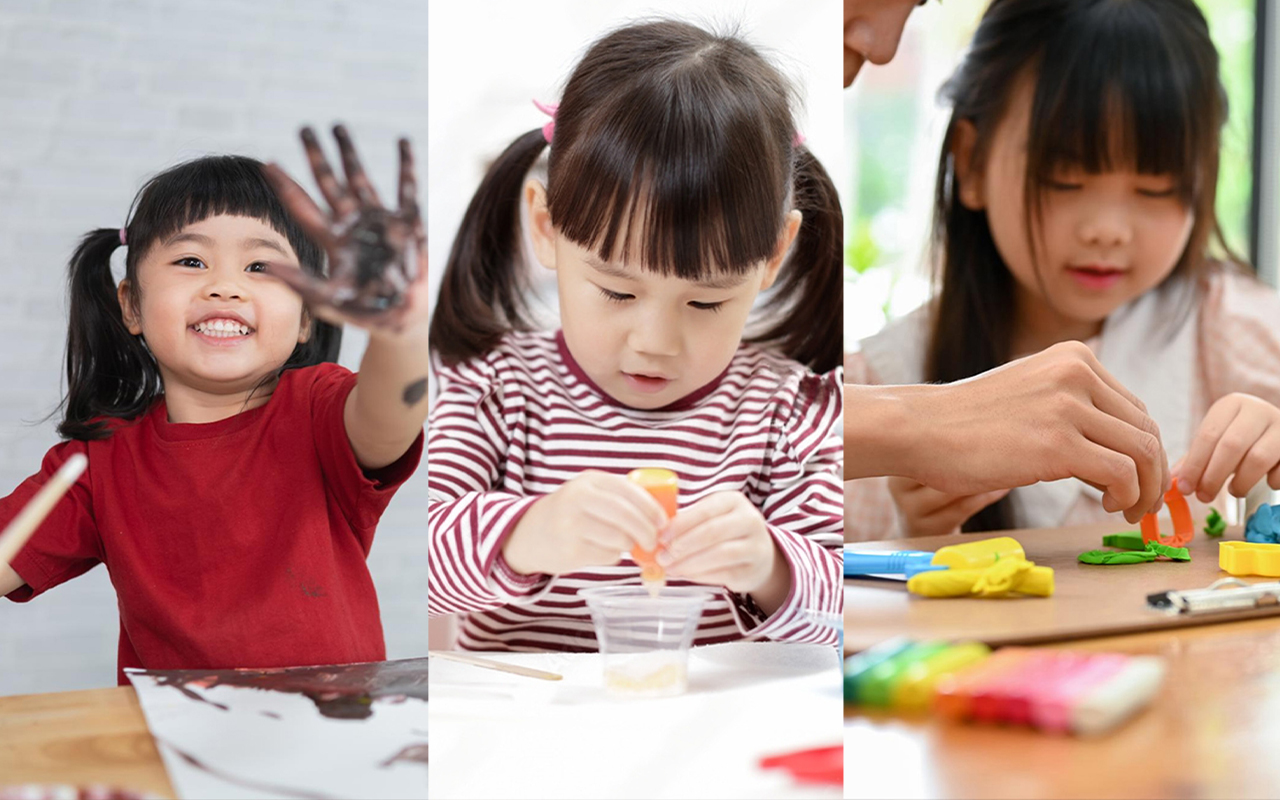
The Montessori method, developed by Italian physician Maria Montessori in the early 20th century, encourages children to follow their natural curiosity and learn at their own pace. You may have heard of Montessori preschools or curriculums - but it is not just for the classroom. You can easily bring the Montessori education principles into your home to enhance your children’s learning. Here are some tips to get started!
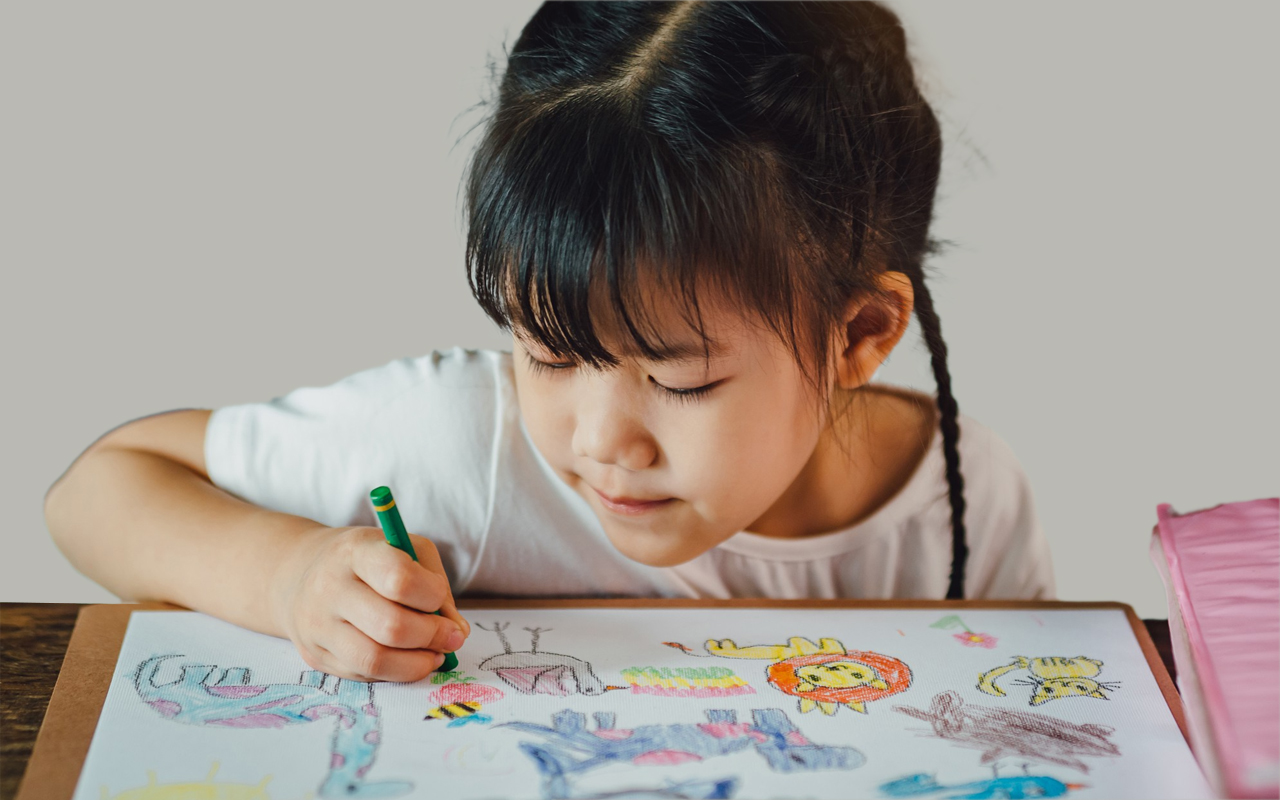
Respect the Child's Individuality
The Montessori method is commonly associated with early childhood education, typically between the ages of two and six years. It views each child as a unique person with their own strengths, preferences, and needs. By observing your children’s needs and respecting their choices, you can foster their sense of independence and self-confidence, as well as their intrinsic motivation to learn.
Prepare a Suitable Environment
To help children learn, try to organise materials suitable for your children in a clear and orderly way. You can use shelves, baskets, trays, or boxes to store items and materials, labelled with words or pictures to help your children find what they need. You can also arrange the furniture and space in a way that allows your child to move freely and comfortably, and that promotes social interaction and cooperation with others. Offer Hands-on Learning Experiences
Offer Hands-on Learning Experiences
The Montessori method relies on materials that enable the child to explore and discover concepts and skills through their own actions. For example, you can use wooden blocks, puzzles, beads, or rods to teach your child about shapes, colours, numbers, or patterns. You can also use everyday objects, such as spoons, cups, buttons, or a broom, to help your child practise motor skills, sorting, counting, or matching.
Support Your Child's Natural Curiosity and Creativity
As a parent, you can spark your child’s imagination with books, pictures, maps, experiments, or crafts. You can also ask open-ended questions, share stories, or play games that stimulate your child's thinking and communication skills. The Montessori method also respects the child's need for uninterrupted time and space to focus and explore. Allow your child to engage in activities for as long as they want without interrupting them or rushing them to finish.
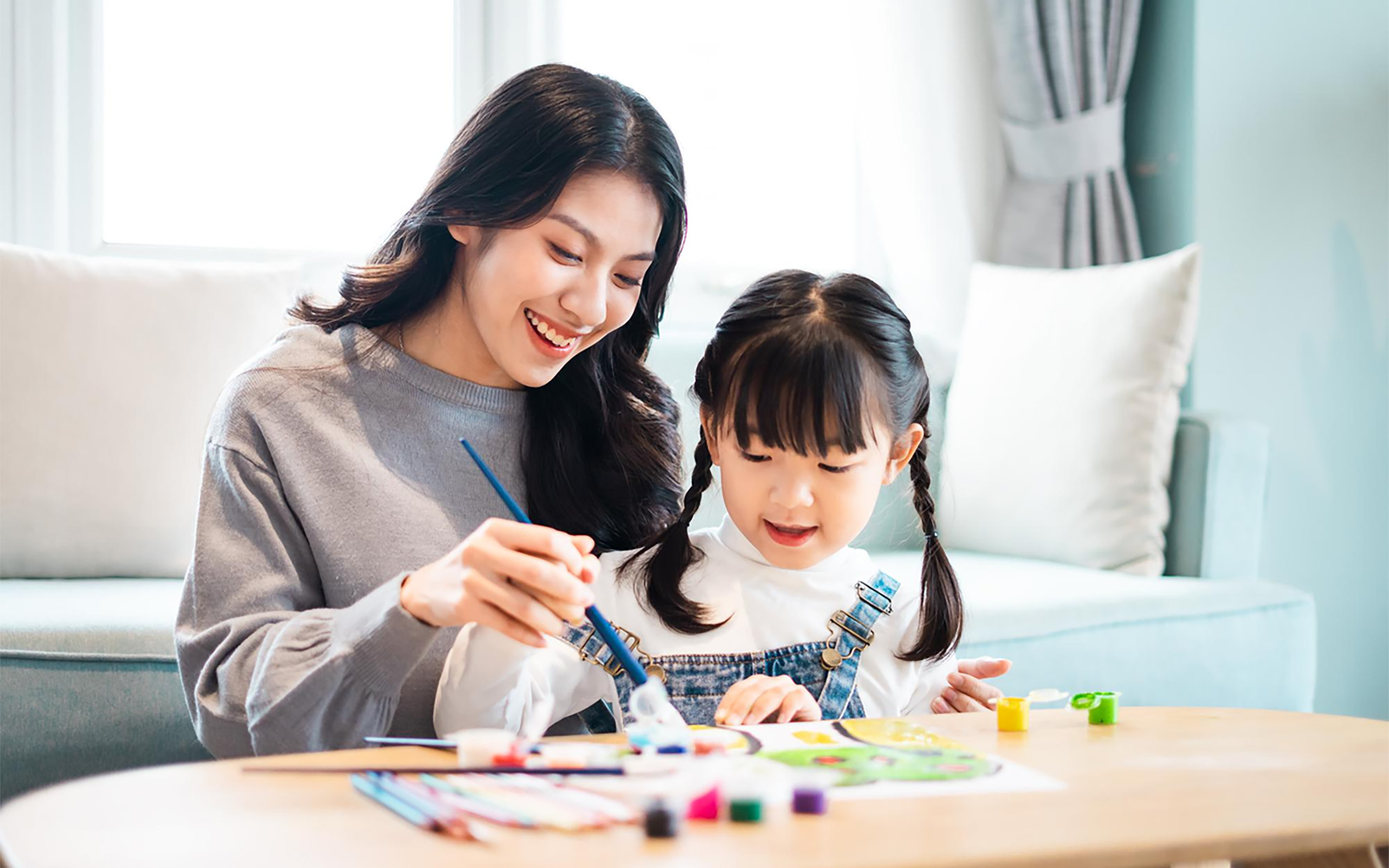 Be a Guide Rather than a Teacher
Be a Guide Rather than a Teacher
The Montessori method views parents as facilitators rather than instructors of learning. Your role is to provide your child with the appropriate materials and opportunities for learning, but not to control their actions or outcomes. You can observe your child's progress and interests, and offer guidance or assistance when needed or requested. Avoid interfering with their natural learning process by excessive praise, criticism, rewards, or punishment.
By following these principles and practices of the Montessori method at home, you can create a nurturing environment that supports your children’s interests and abilities to facilitate their learning. Visit a City Baby Club outlet to get materials suitable to encourage meaningful play for your children.
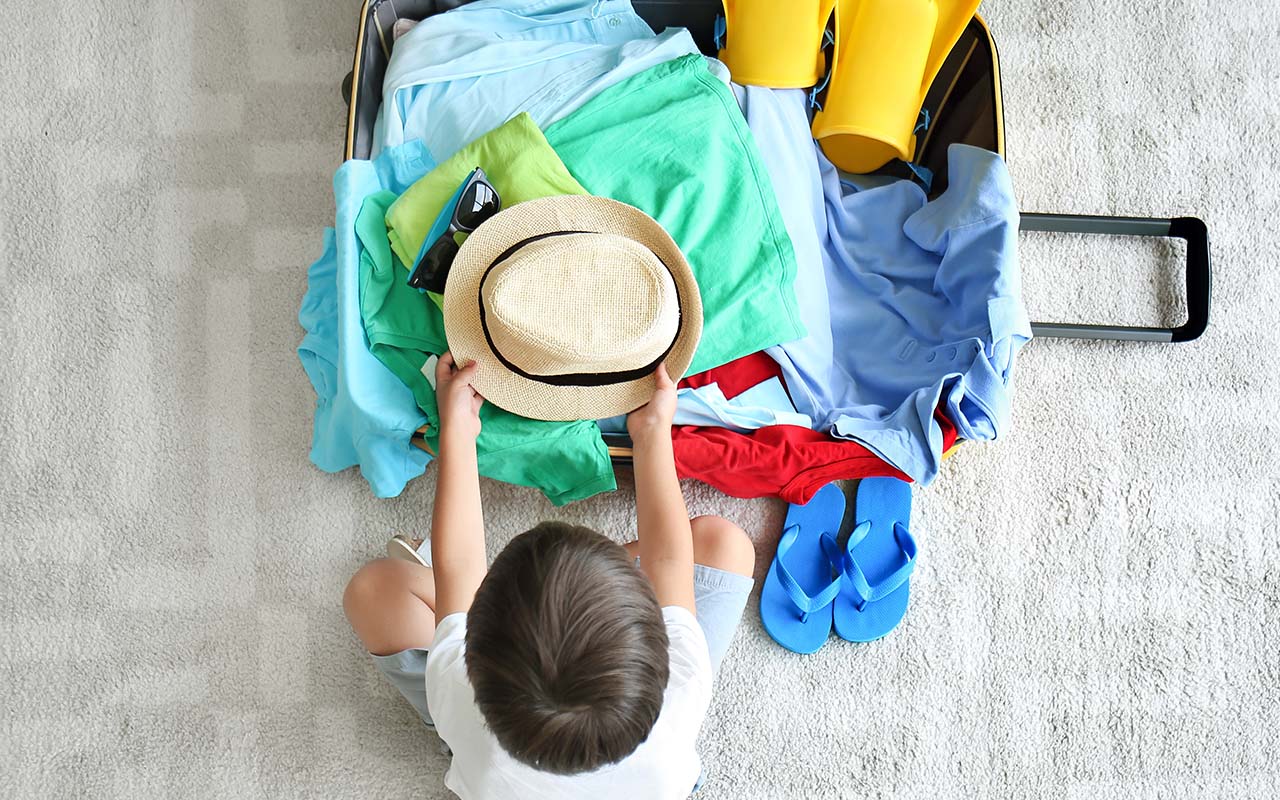

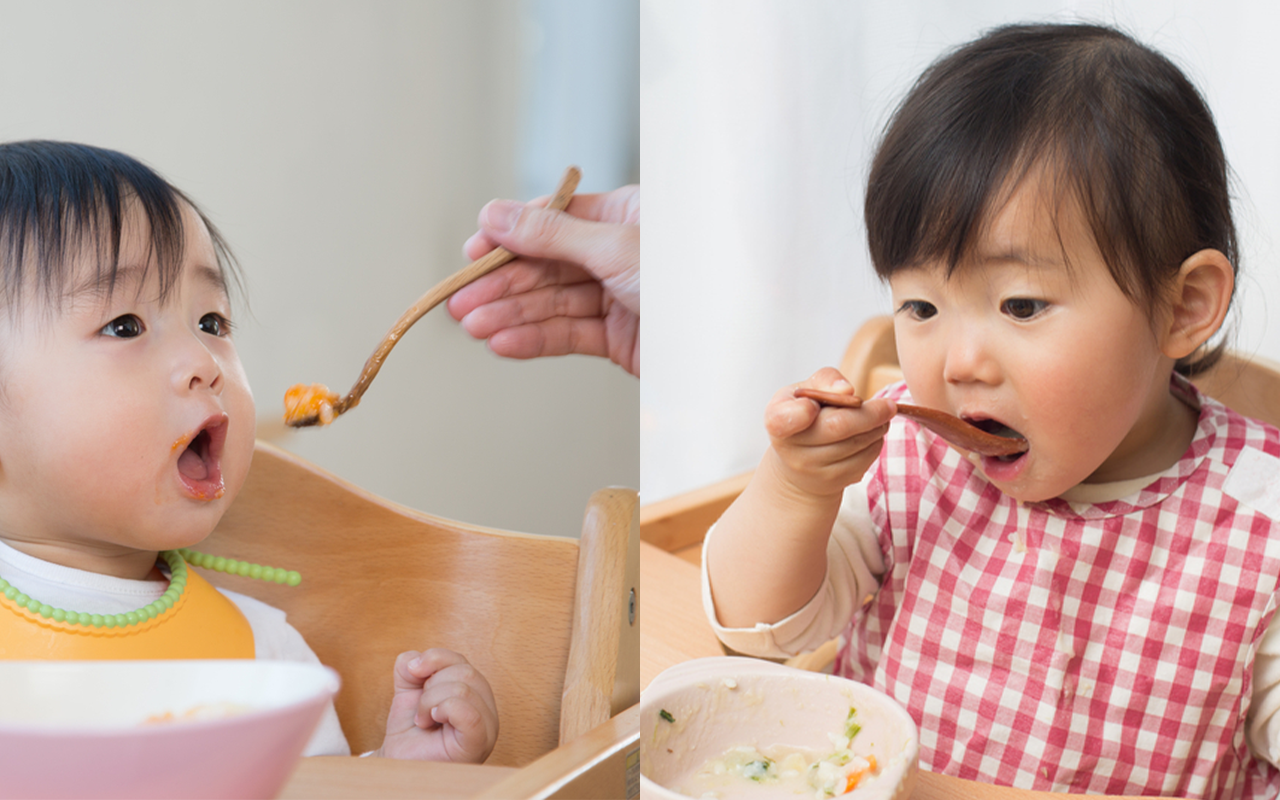
Anonymous
Zwe Minpo